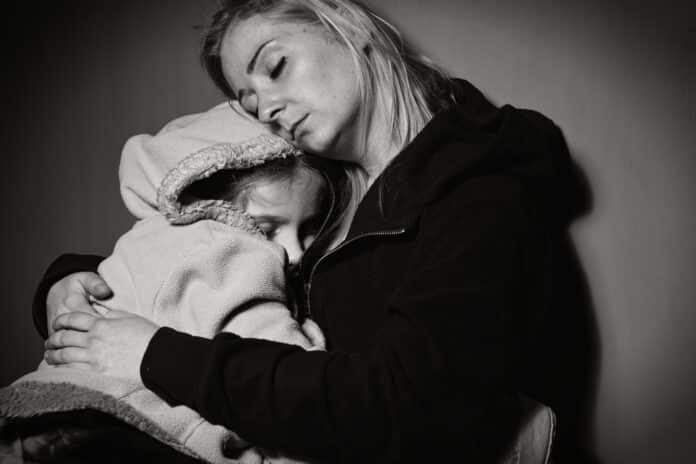Since 2015 Dublin’s Ballyfermot has had a suicide rate that is 3 times the national average. Over a 10-week period in 2019, 8 young women in their 20s and 30s died by suicide in the general area. Four of the women were from Ballyfermot. The others were from nearby Palmerstown and Clondalkin and Tallaght.
Many of the women were young mothers. The cluster of female suicides prompted a HSE investigation. A Rapid Assessment Response team was established to report on what had happened in the area to cause such an upsurge in suicides.
The report found that deprivation and the housing crisis was a key driver of death by suicide in the area. The report says that “The lives lost of these young women has been deeply traumatic to the area”. A lot of Ballyfermot is “significantly impacted by deprivation,” the report says.
“underlying trauma is at the root of anxiety, depression or poor mental health for young women in the area”. The report singled out childhood trauma as a root cause of depression and anxiety in women. Childhood experiences of domestic violence, sexual or physical abuse as a child, family separation, alcohol or drug abuse in the home were all factors in later mental ill-health amongst women, the report found.
Current problems cited in the report are more damning for our society as a whole. The report states that the housing crisis was a big factor in suicide risk. The report states that many single parents are “in and out of homelessness”. Almost all the people questioned cited domestic violence as a key issue for them. Mothers amongst those contributing said that they feared Tusla and their children being taken away from them.
Mothers experiencing poverty, violence, drug abuse or mental health problems are “unlikely to engage with programmes because they fear that social services will intervene”.
Services in the area, even if people did engage with them, the report found were “under-resourced or operating with waiting lists, particularly mental health, counselling and family support”.
Long term poverty, deprivation and homelessness are driving people to kill themselves. Lack of supports to help people to cope with all of this only exacerbates their problems.








